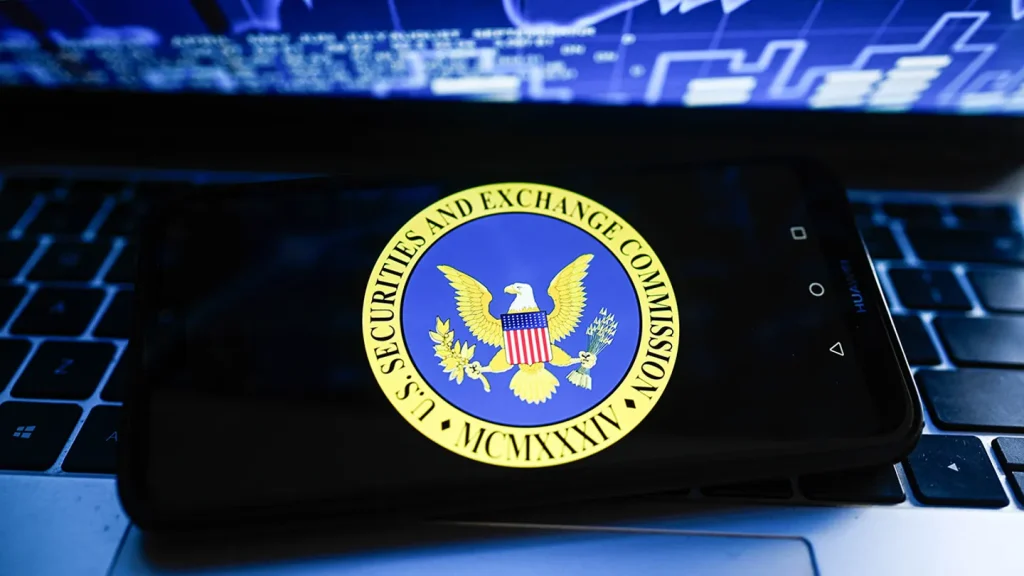Grayscale is set to make waves with the introduction of the first-ever XRP trust in the United States. This new “closed-end” fund, expected to be announced Thursday morning, will provide accredited investors with direct access to XRP, the native token of the XRP Ledger—a blockchain developed by Ripple that facilitates global payments.
While a trust and an ETF serve different investment purposes, the launch of an XRP trust could be a stepping stone towards an ETF. Trusts are less heavily regulated compared to ETFs, which require approval from the Securities and Exchange Commission (SEC) to be available to retail investors. However, with the necessary regulatory approvals, a trust can eventually transition into an ETF. Grayscale has already converted its bitcoin and ether investment trusts into ETFs earlier this year.
Grayscale’s XRP trust will follow a four-phase product life cycle, leaving room for the possibility of converting into an ETF down the line.
Grayscale played a pivotal role in bringing the first cryptocurrency ETFs to Wall Street. Last year, the company sued the SEC to convert its Grayscale Bitcoin Trust into a spot ETF, which tracks the daily price of bitcoin. After winning the appeal, several major players like BlackRock, Fidelity, and WisdomTree launched their own bitcoin ETFs. This marked a significant milestone for the crypto industry when 11 bitcoin ETFs were introduced on Wall Street in January.
In the months that followed, the SEC approved the launch of six Ethereum ETFs, tracking the price of the second-largest cryptocurrency by market cap.
XRP enthusiasts, often referred to as the “XRP Army,” have long been anticipating an XRP ETF, especially after the success of bitcoin and ether ETFs. There have even been recent applications for a Solana ETF, another major player in the crypto market. Solana is currently ranked fifth by market cap, with XRP sitting at seventh.
However, uncertainty lingers around XRP’s regulatory status, which has clouded the potential for an XRP spot ETF. The SEC has been locked in a legal battle with Ripple since 2020, accusing the company of not registering XRP as a security. Last year, a ruling by a Manhattan judge declared that while Ripple’s sales of XRP to institutional investors could be classified as securities, the same did not apply to retail sales in the secondary market.
This ruling has stirred debate among judges across the U.S., and Ripple has been ordered to pay a $125 million fine for institutional sales. The SEC has until early October to appeal the decision regarding secondary market sales, an appeal that many expect will be filed.
Despite these ongoing legal challenges, Grayscale remains optimistic about XRP’s long-term potential as an investment asset.
You can freely share your thoughts and comments about the topic in the comment section. Additionally, don’t forget to follow us on our Telegram, YouTube and Twitter channels for the latest news and updates.


